Although it may reduce budget revenue by VND12,600 billion per year, the Government still proposes to reduce corporate income tax rates for small businesses.
 |
| Small and micro enterprises play an important role in economic development and social stability. Photo: Duc Thanh |
Total revenue not exceeding 3 billion VND, tax rate 15%
Preparing to be submitted to the National Assembly at the 8th Session (scheduled to open on October 21), the Draft Law on Corporate Income Tax (amended) will be commented on by the National Assembly Standing Committee early next week (September 23).
One of the notable policies of the Draft is the new point of the regulation on corporate income tax rates.
According to the Drafting Committee (Ministry of Finance), currently, the number of small-scale enterprises, mainly small and micro enterprises, accounts for the majority of the total number of operating enterprises and holds a particularly important position in economic development as well as social stability. Of the total of about 900,000 enterprises that have been established and operated, the number of small and micro enterprises accounts for nearly 94%.
After receiving tax support several times, from January 1, 2016 to now, small-scale enterprises are applying the corporate income tax policy like other enterprises (the common tax rate is 20%). In 2020 - 2021, due to the impact of the Covid-19 pandemic, these enterprises will receive a 30% reduction in corporate income tax payable.
International experience also shows that most countries apply corporate income tax rates for small-scale enterprises lower than the general tax rate, with distinction according to the scale of revenue and taxable income.
To promote the development of small-scale enterprises, in line with international practices and the current context, the Government proposes to apply a tax rate of 15% to enterprises with total annual revenue of no more than VND3 billion. Apply a tax rate of 17% to enterprises with total annual revenue from over VND3 billion to no more than VND50 billion.
Revenue used as the basis for determining whether an enterprise is eligible for the 15% and 17% tax rates mentioned above is the total revenue of the previous corporate income tax period. In the case of newly established enterprises, the Government shall provide detailed regulations on determining total revenue as the basis for application in accordance with management requirements.
The above tax rates of 15% and 17% do not apply to enterprises that are subsidiaries or affiliated companies where the affiliated enterprise is not an enterprise that meets the conditions for applying the tax rate prescribed in this clause, to ensure the implementation of tax incentives in accordance with the objectives and limit the erosion of the tax base.
Assessing the impact of the new policy, the Ministry of Finance calculated that implementing tax incentives could reduce state budget revenue by about VND 12,600 billion/year (applying a 15% tax rate to micro-enterprises would reduce revenue by about VND 8,700 billion/year, applying a 17% tax rate to small enterprises would reduce revenue by about VND 3,900 billion/year).
However, according to the drafting agency, the reduction in revenue due to support for small and micro enterprises will be offset by indirect taxes and other budget revenue sources, because the reduced tax amount will be used for consumption and investment. At the same time, the tax reduction will contribute to increasing revenue from corporate income tax in the next period, because enterprises will have conditions to reinvest and develop production and business.
Innovative and creative startups receive incentives
In this revision, the Draft Law on Corporate Income Tax removes preferential industries and occupations for biotechnology development, refining of animal feed, poultry, aquatic products, and development of traditional industries. The list of removals also includes production projects with a minimum investment capital of VND6,000 billion, investment projects in industrial parks, investment projects in high-tech parks, but not projects in the high-tech sector.
The draft also adjusts the incentive level for investment projects in economic zones, but not located in areas with difficult or especially difficult economic conditions, to ensure that tax incentive policies are focused and key, avoiding spreading.
According to Mr. Nguyen Minh Duc (Legal Department, Vietnam Federation of Commerce and Industry - VCCI), all small and medium enterprises support tax reduction for small and medium enterprises.
Regarding attracting foreign direct investment (FDI), Mr. Duc believes that the use of tax incentives should be limited. Because tax incentives are not the top concern of investors, this criterion is ranked after many other criteria such as macroeconomic stability, infrastructure quality, transparency of the legal system, etc. On the other hand, the global minimum tax makes tax incentives less effective in attracting FDI.
However, the Draft supplements the preferential industries and occupations that have been specifically regulated by corporate income tax incentives (preferential tax rates and tax exemptions and reductions) in the 2020 Investment Law. This list includes: projects subject to special investment incentives and support as prescribed in this law; investment in technical facilities supporting small and medium-sized enterprises and incubators for small and medium-sized enterprises; investment in co-working spaces supporting innovative start-up small and medium-sized enterprises as prescribed by the Law on Support for Small and Medium-sized Enterprises.
The draft also adds preferential industries for the information technology and digital technology sectors, including the production of key information technology products, the production of network information security products, and the provision of network information security services that ensure the conditions prescribed by law on network information security and the production of digital technology products. At the same time, it further specifies projects for the production of supporting industrial products in the electronics and information technology sectors that enjoy tax incentives, including semiconductor design and production.
Notably, other press activities are also added to the list of subjects eligible for corporate income tax incentives (in addition to print press activities that currently enjoy incentives).
Specifically, the Draft stipulates that a preferential tax rate of 15% will be applied to the income of press agencies from press activities other than print newspapers. Print newspapers will continue to apply a preferential tax rate of 10% as currently regulated.
In response to comments from the Ministry of Planning and Investment, the Drafting Committee of the Law on Corporate Income Tax (amended) has added a policy of corporate income tax exemption for direct support from the Investment Support Fund that enterprises receive and allows it to be applied from 2025.
Another suggestion from the Ministry of Planning and Investment has also been accepted, which is to supplement the tax exemption and reduction policy for investments of small and medium-sized start-up and innovative enterprises, ensuring compliance with the provisions of Clause 3, Article 18, Law on Support for Small and Medium Enterprises.
Regarding the proposal on tax incentives for capital transfer activities in start-up enterprises, the Ministry of Finance responded that it is necessary to further evaluate the policy's effectiveness based on the results of the pilot implementation of the special mechanism in Ho Chi Minh City.
Regarding the proposal (also by the Ministry of Planning and Investment) to add regulations on corporate income tax exemption for income from revenue-generating activities of the National Innovation Center (NIC), the Ministry of Finance said that in case NIC is a State organization operating not for profit, it is already subject to tax exemption under current law.
One of the notable new points in the amendment of the Law on Corporate Income Tax is that the Government proposes to amend the minimum tax rate of the tax rate framework for oil and gas exploration and exploitation activities from “32% to 50%” to “25% to 50%” and “the Prime Minister shall decide on the specific tax rate appropriate to each oil and gas contract”. This new regulation is intended to be consistent with the Law on Petroleum, contributing to promoting the development of the oil and gas exploitation industry in the context of increasingly difficult exploitation conditions.
At the same time, the Draft Law on Corporate Income Tax (amended) supplements detailed regulations on tax rates for exploration, exploitation and processing of rare mineral resources on the basis of legalizing regulations in sub-law documents that are being implemented stably and without problems to ensure transparency and stability of the policy.
Source: https://baodautu.vn/ap-thue-nho-giup-doanh-nghiep-mau-lon-d225167.html



![[Photo] Looking back at the impressive moments of the Vietnamese rescue team in Myanmar](https://vstatic.vietnam.vn/vietnam/resource/IMAGE/2025/4/11/5623ca902a934e19b604c718265249d0)


![[Photo] "Beauties" participate in the parade rehearsal at Bien Hoa airport](https://vstatic.vietnam.vn/vietnam/resource/IMAGE/2025/4/11/155502af3384431e918de0e2e585d13a)

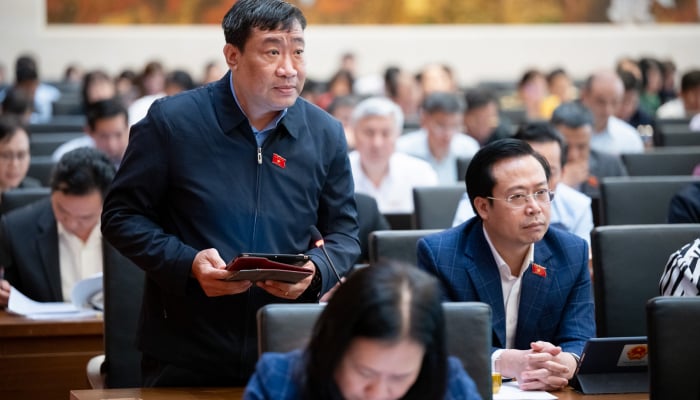



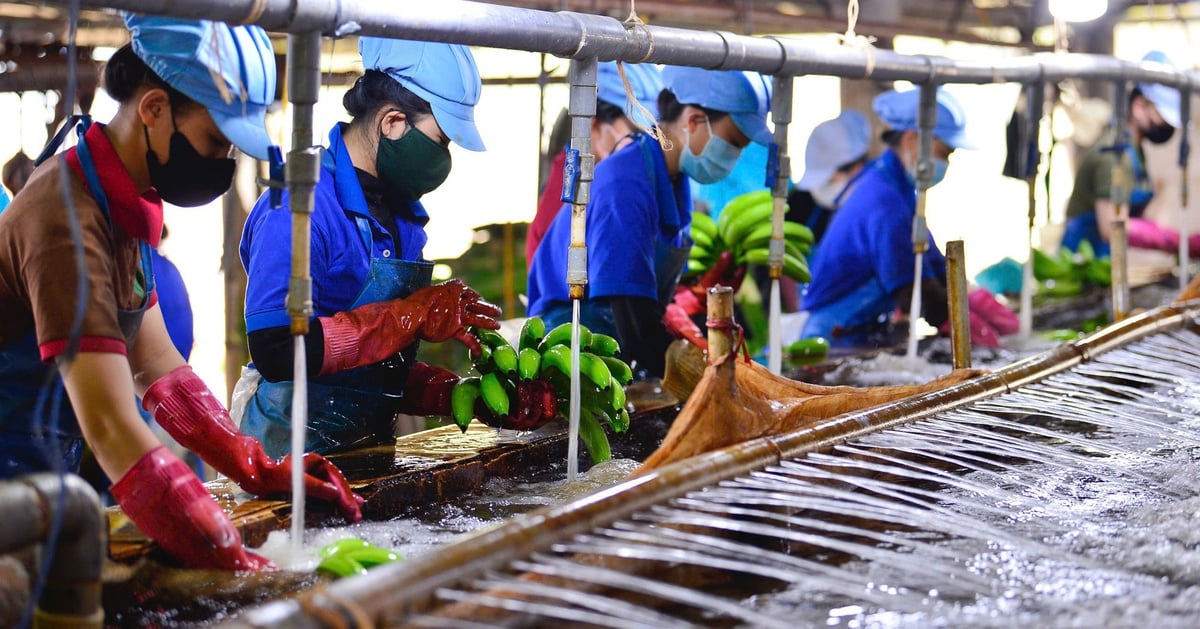

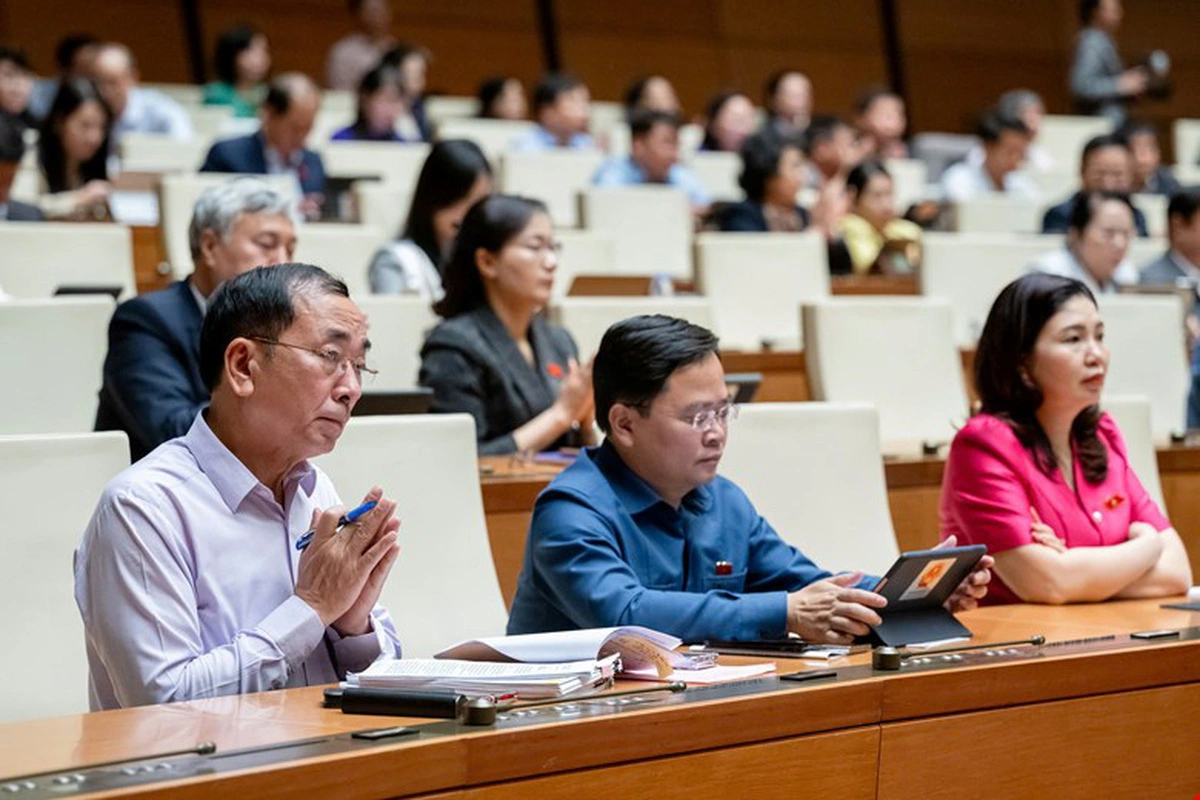

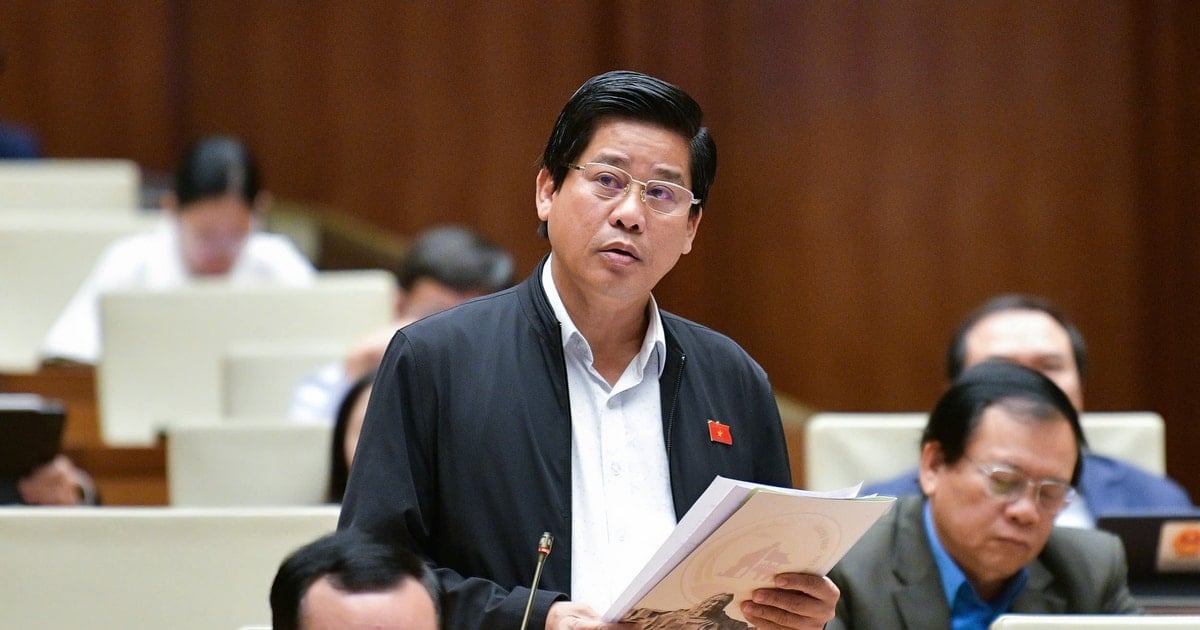

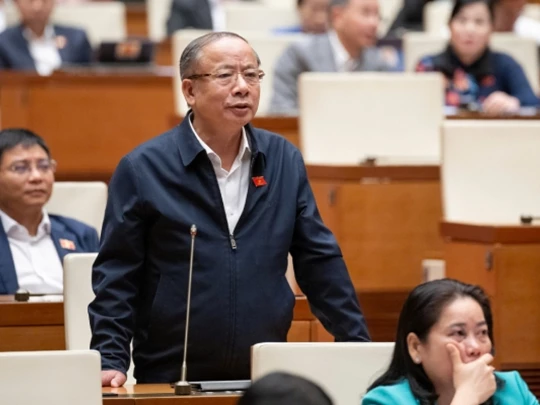



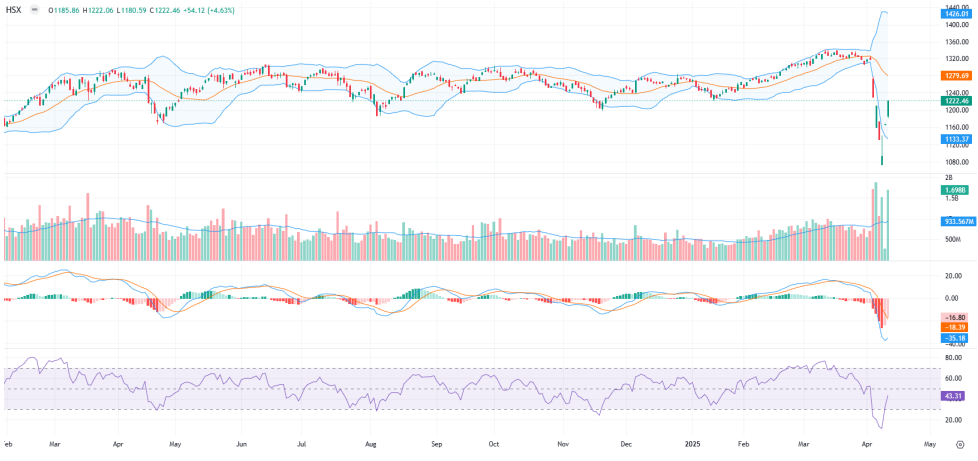
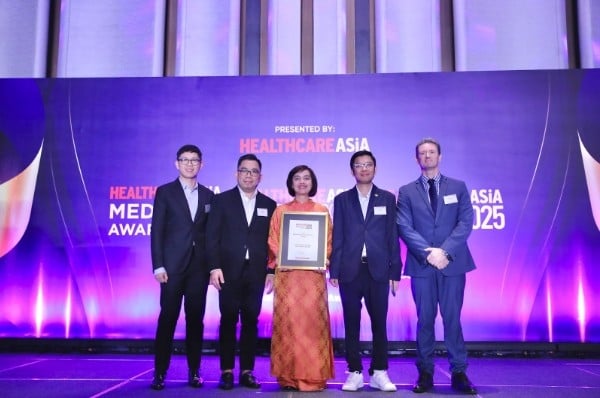
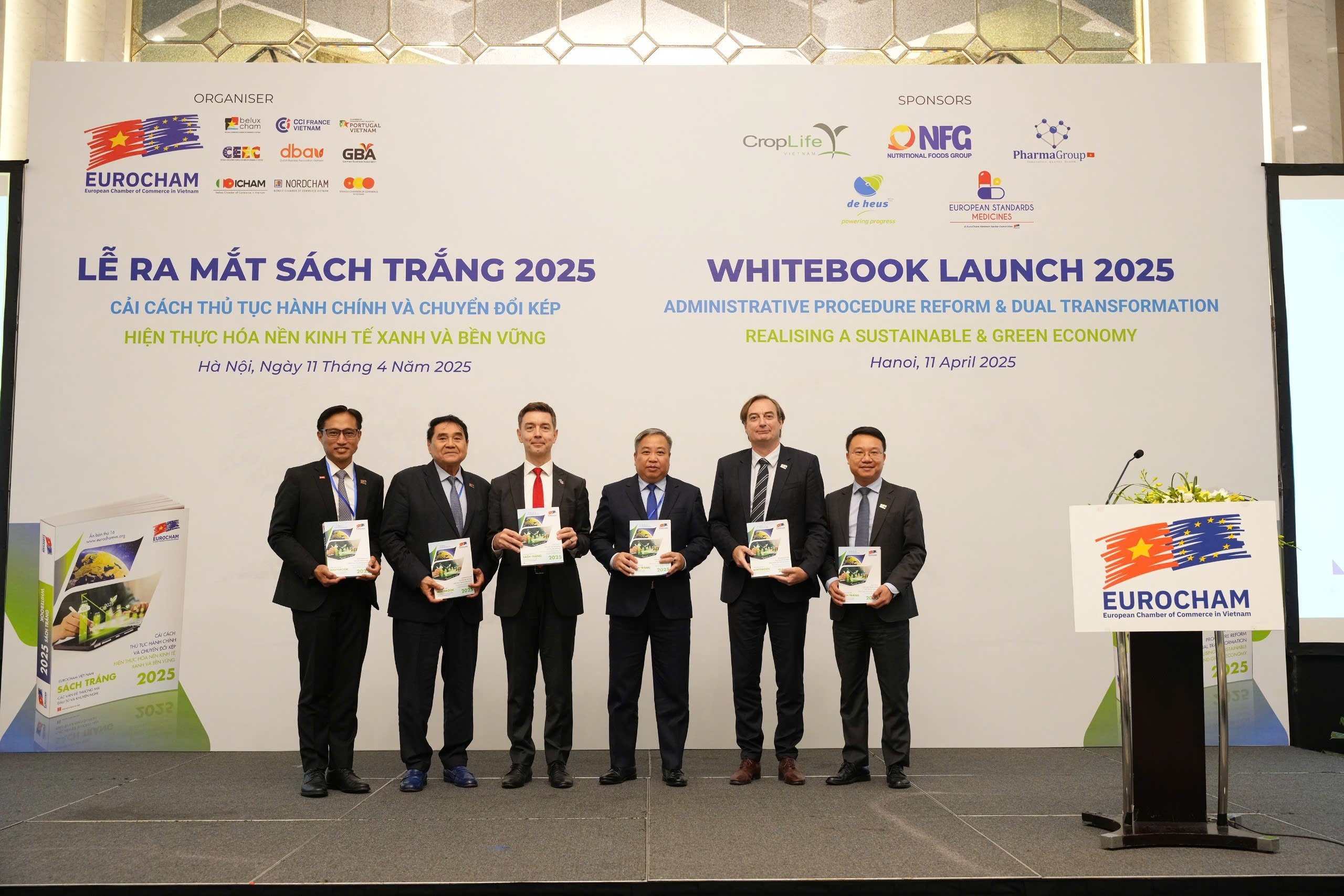



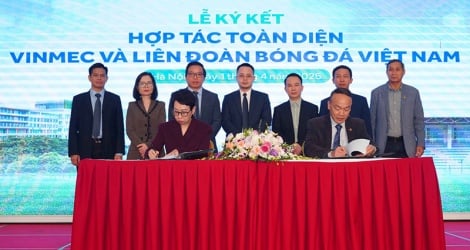



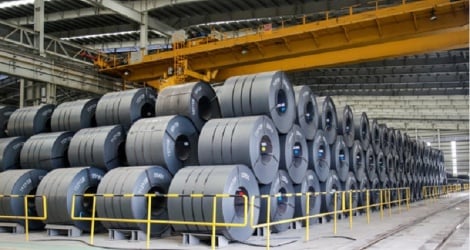


![[Photo] Summary of parade practice in preparation for the April 30th celebration](https://vstatic.vietnam.vn/vietnam/resource/IMAGE/2025/4/11/78cfee0f2cc045b387ff1a4362b5950f)






































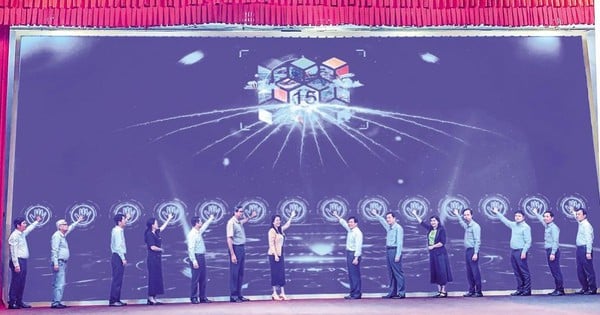

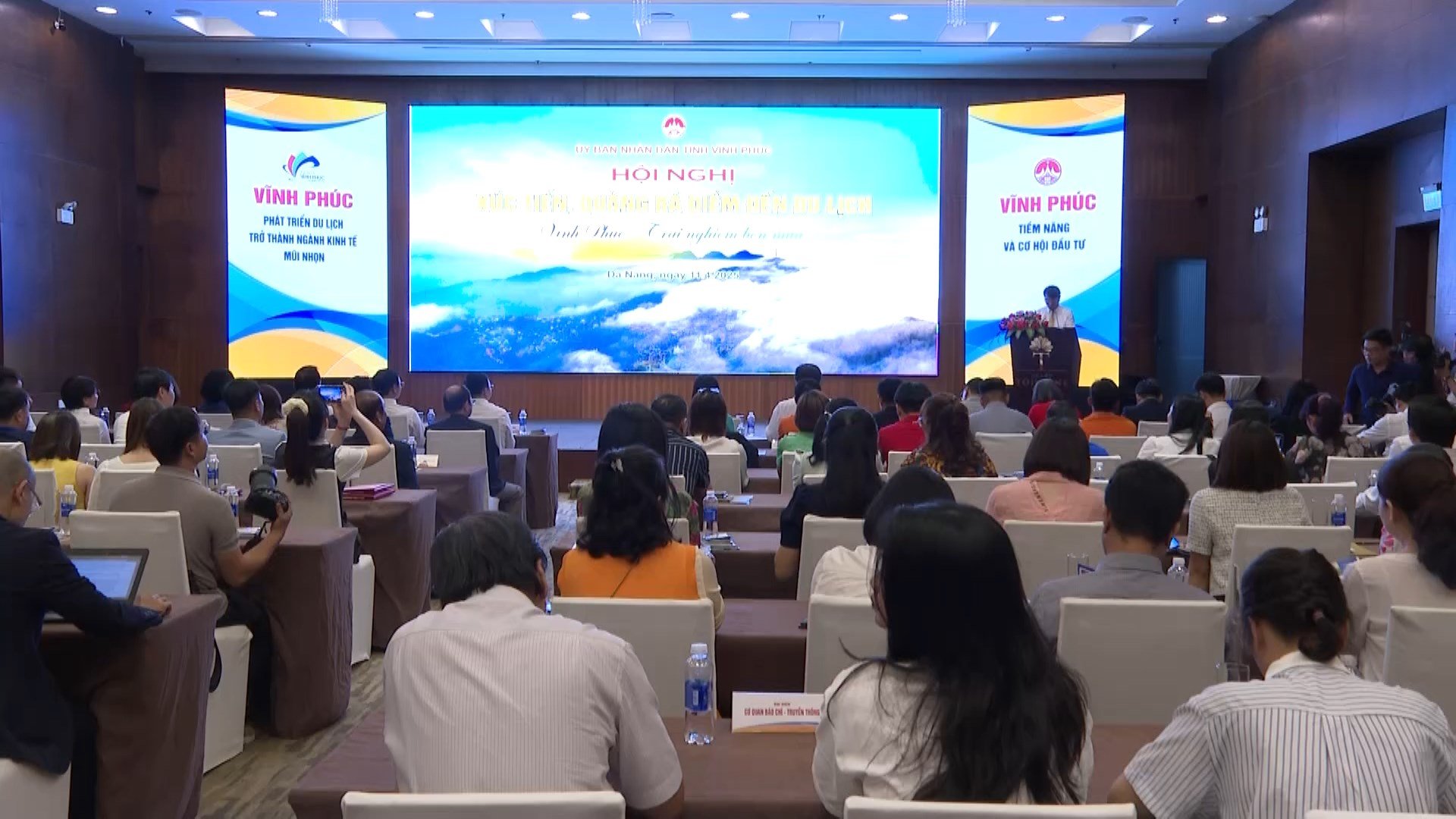

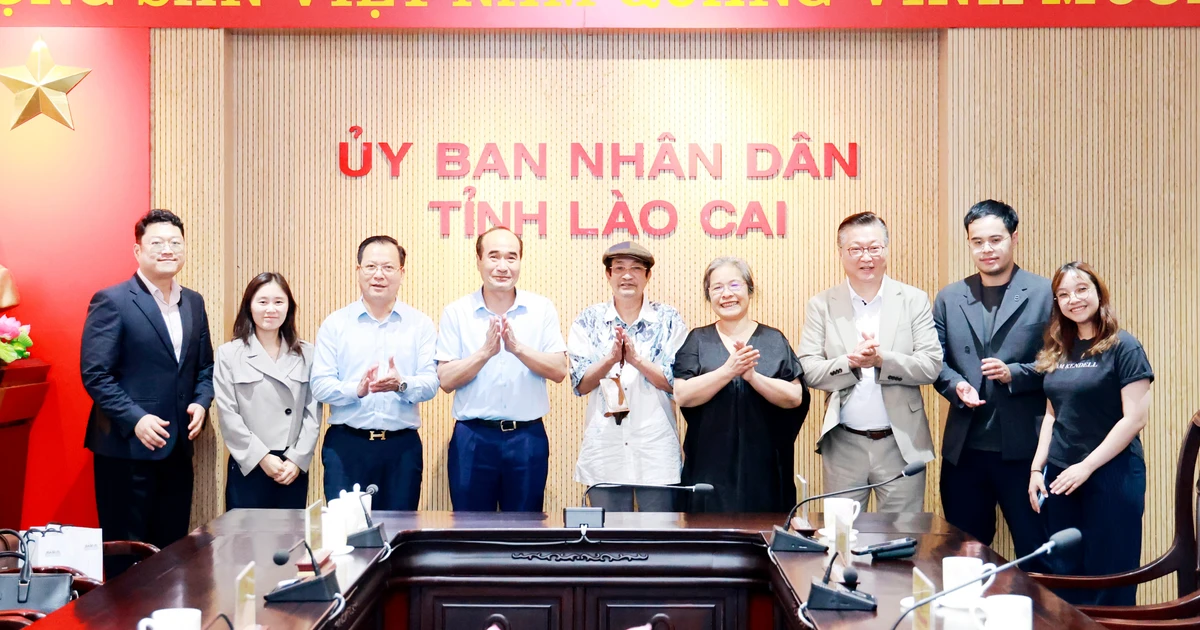

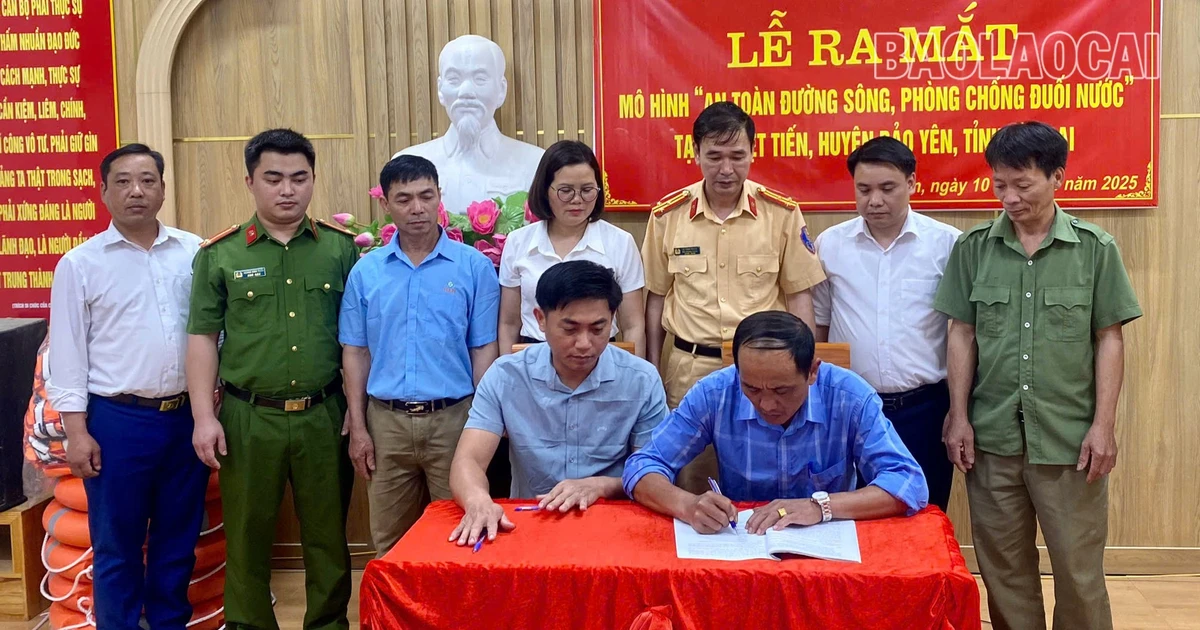


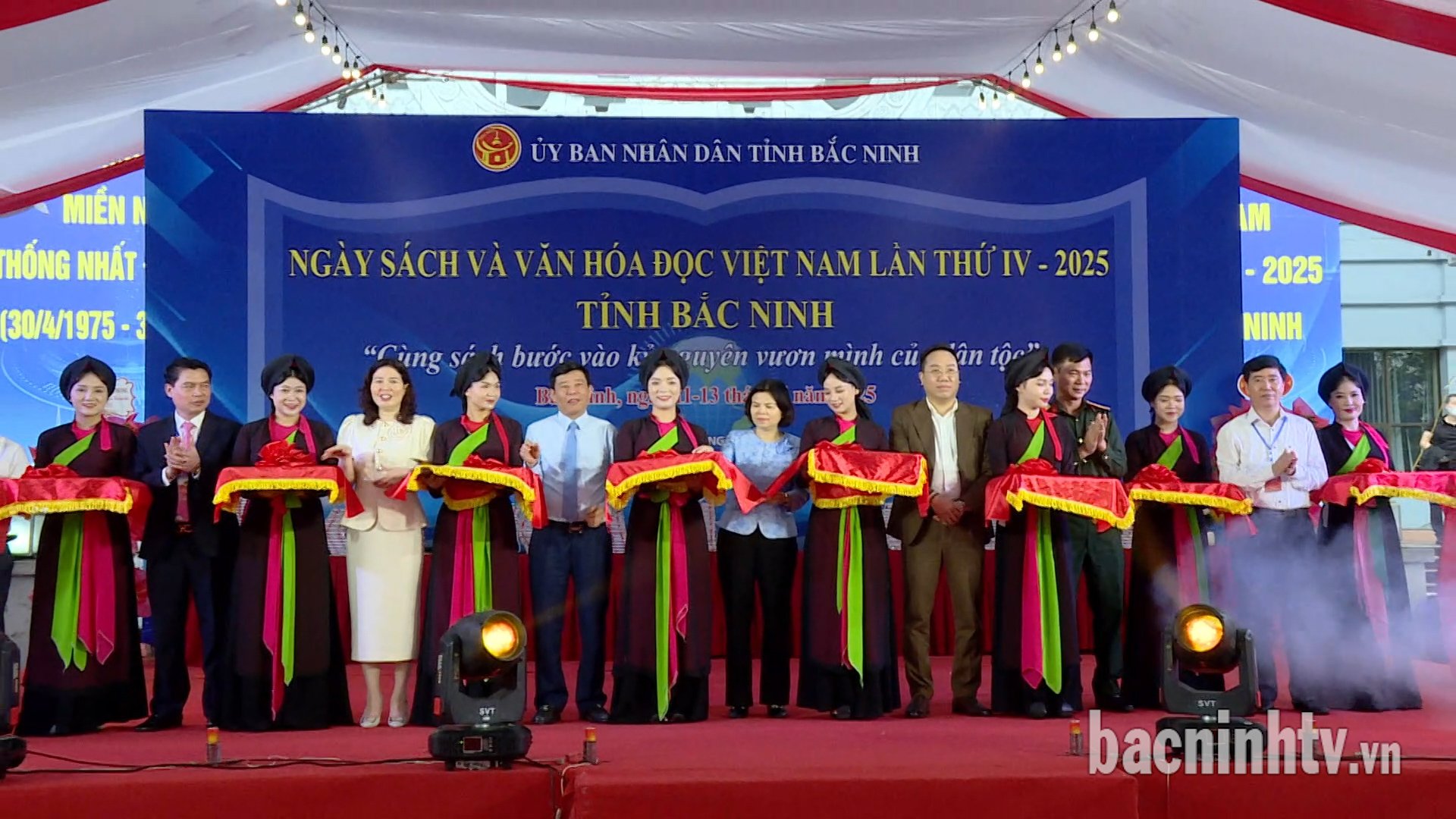











Comment (0)